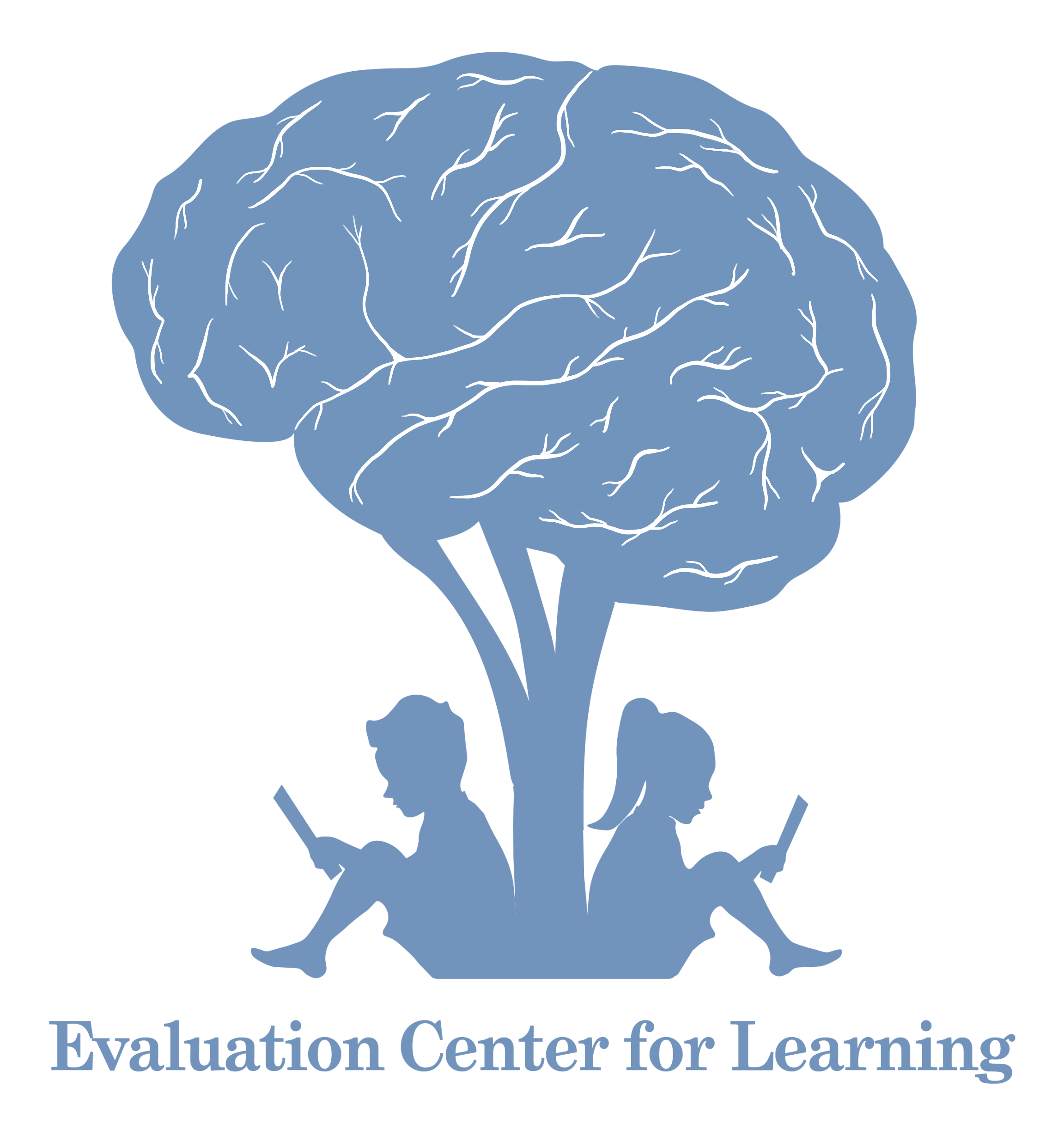School is challenging for many children, adolescents, and young adults due to difficulties with learning, attention, and other cognitive and psychological concerns. This can lead to frustration, stress, and worries about the future. Our assessments at the Evaluation Center for Learning can help by identifying students’ strengths and challenges in order to inform recommendations that are designed to help them increase their confidence, improve their enjoyment of learning, and reach their unique capacity.

- Why is my child having difficulty in school?
- Does my child have dyslexia or another reading disorder?
- What are my child’s learning strengths and challenges?
- What are strategies to improve my child’s academic success?
- Why does my child have trouble paying attention?
- Why is my child having difficulty remembering information?
- Why is my child having difficulty with organization, planning, problem solving, time management, or other executive functioning skills?
- Why is my child unmotivated?
- Has my child’s illness affected his or her cognitive, academic, or emotional functioning?
- What are the cognitive effects of my child’s concussion?

- Learning disorders in reading, writing, and/or math
- Attention-deficit/Hyperactivity disorder (with or without hyperactivity)
- Developmental delays
- Intellectual disability
- High-functioning Autism spectrum disorder
- Language disorders
- A brain injury or concussion
- Medical problems associated with cognitive processing deficits
- Neurological disorder
- Inadequate response to intervention(s)

- Clarify how brain development may be associated with observed difficulties at school or home
- Provide information about patterns of cognitive strengths and weaknesses
- Uncover how a student learns
- Identify the root of behavioral and/or emotional problems
- Inform or confirm a diagnosis
- Establish eligibility for academic placement, services, and accommodations
- Determine appropriate accommodations, interventions, and treatment at school and home
- Guide decisions about whether pharmacological treatment is warranted
- Monitor changes in functioning or the impact of treatment over time

Every assessment includes:
- Intake interview (1-1½ hours)
Gather detailed information from parents about their current concerns and history. - Testing (typically 6-9 hours) Interview with the student. Direct assessment of intelligence, attention, executive functioning (i.e., higher-order thinking skills such as organization, planning, inhibition, self-monitoring, and cognitive flexibility), learning and memory, sensorimotor skills, visual perception, language, and academic skills with the student. We also ask students, parents, and teacher(s) to complete questionnaires that assess various areas, including: cognitive, socioemotional, behavioral, and adaptive functioning.
- Feedback session (1-1½ hours)
Review the results of the assessment and recommendations with parents, typically within 1-2 weeks of the last testing session. - Report
A detailed report that describes the assessment results and recommendations.
- Student feedback (15-30 minutes)
For students who are developmentally ready, meeting to explain the results with a focus on strengths as a way to compensate for areas of difficulty and the recommendations. - Advocacy
If needed, we are available to advocate for students at school. This may include attending 504 and/or IEP meetings, reviewing education plans, and/or speaking with school staff.

The fees for our assessments are comparable to, or less than, those of other clinicians in the Chicagoland area; however, we are an out-of-network practice. We appreciate that the cost of a comprehensive, personalized assessment is significant for many families. To assist with reimbursement, we provide a superbill that includes the information required by insurance companies to process out-of-network claims. In our experience, many insurance companies provide partial coverage for our assessments, although we encourage families to speak to their insurance provider to confirm coverage. Because we do not want the cost to interfere with your child accessing needed services, payment plans are available. Please let us know if this is something you may require.
If you are interested in a neuropsychological assessment or would like to ask us any questions to determine if it is right for your child, please contact us.
